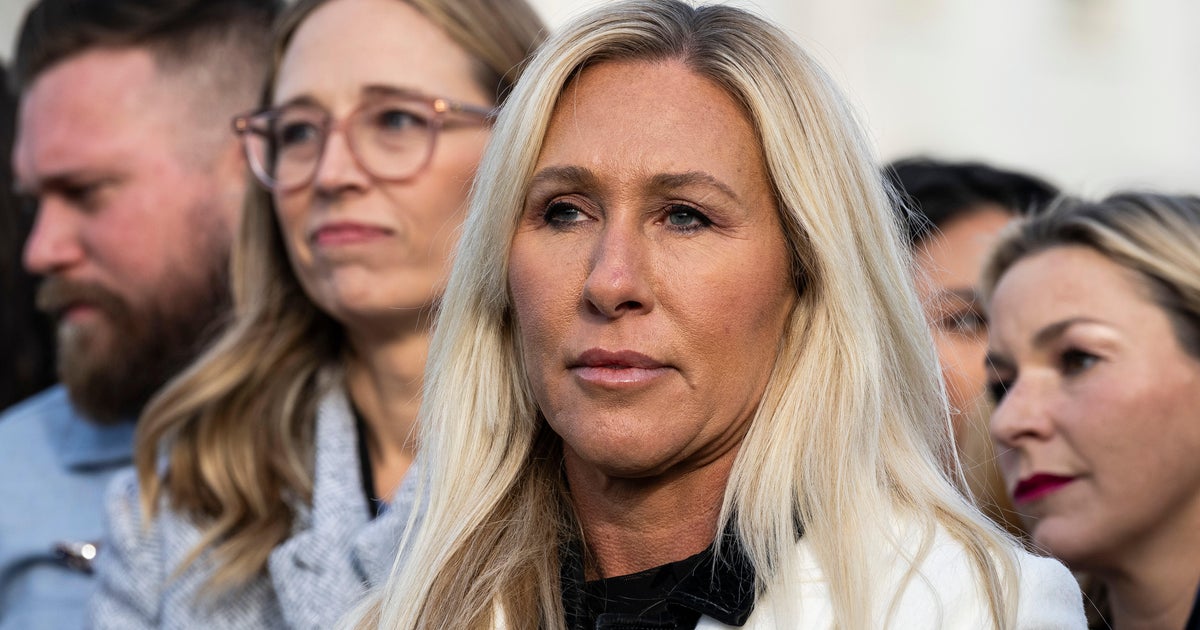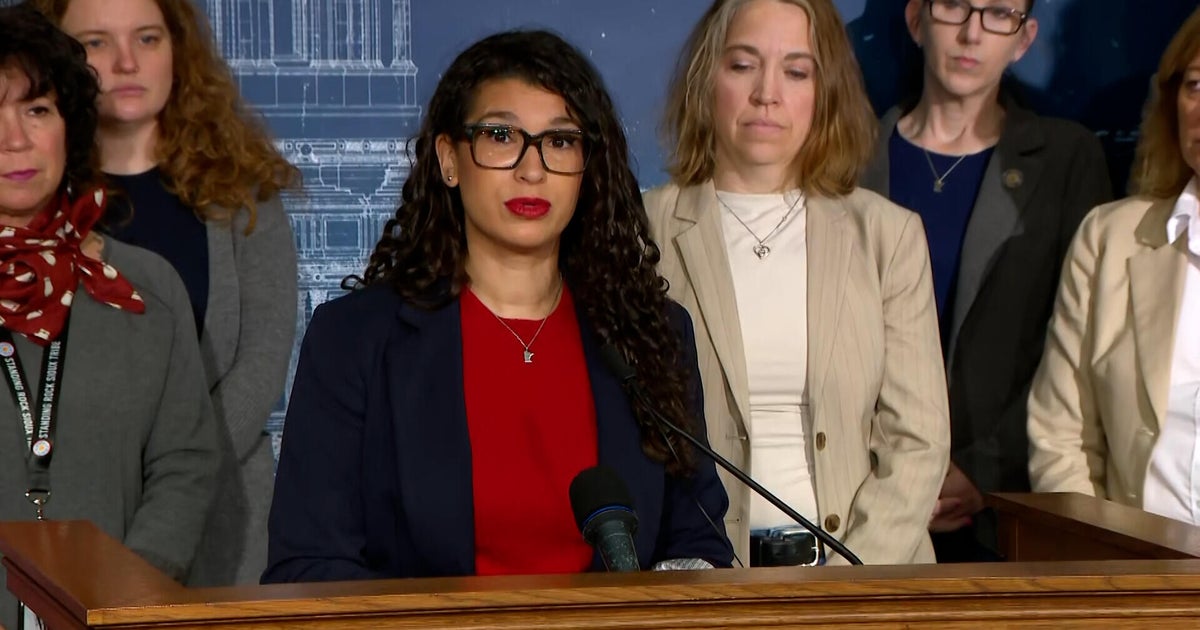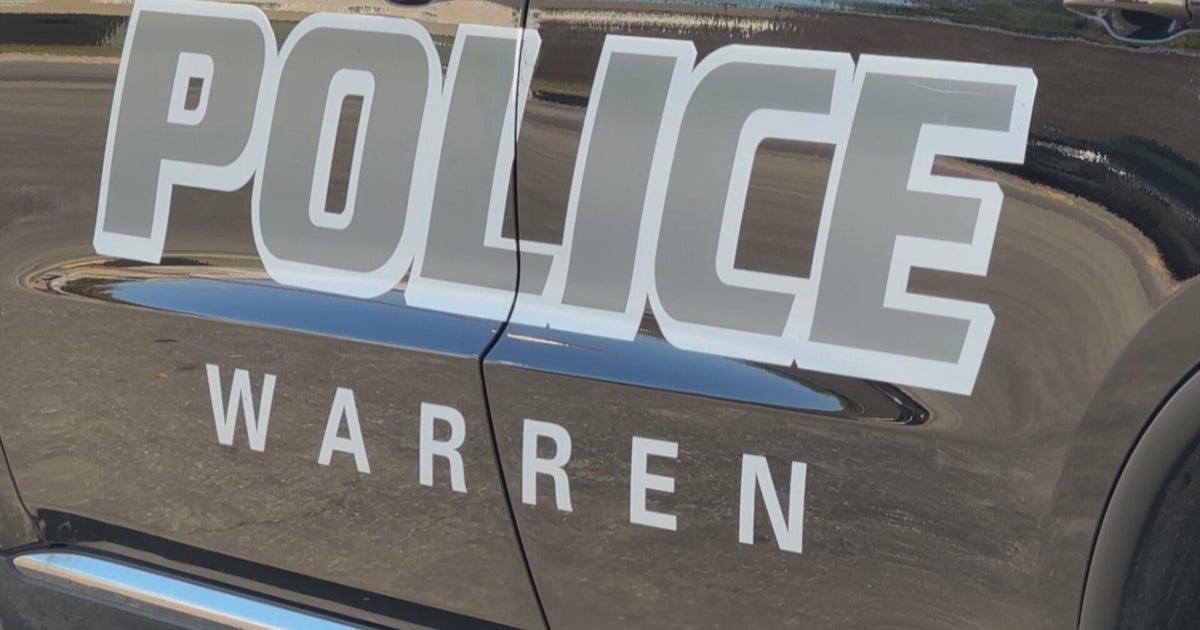Senate Race Costliest In Mass. History
BOSTON (AP) — The candidates for U.S. Senate in Massachusetts have raised more money from supporters than in any other election in state history — and Election Day is still more than three months away.
The amount collected by all Senate candidates through the end of June has topped $46.7 million, according to an Associated Press review of campaign finance reports filed with the Federal Election Commission.
That's more than the nearly $44.4 million spent during the entire 2010 special Senate election to fill the seat left vacant by the death of longtime Democratic U.S. Sen. Edward Kennedy, the contest that propelled Republican Scott Brown into the Senate.
The bulk of the money in the current contest — including millions in out-of-state donations — has come from supporters of Brown and Democratic challenger Elizabeth Warren, the only candidates left in the race, signaling the importance both national parties have placed on the race.
Democrats and Republicans see the outcome of the contest as key to control of the Senate.
When the amount of money Senate candidates have loaned their campaigns in past elections is factored out, the amount raised so far in the 2012 election is even more impressive.
In the 2010 special election, Senate candidates in Massachusetts contributed $8.6 million out of their own pockets to their campaigns, most notably Democratic candidate and Boston Celtics co-owner Steve Pagliuca, who poured more than $7.7 million into his campaign. Pagliuca lost the Democratic primary to the party's eventual nominee, Massachusetts Attorney General Martha Coakley.
In 2012, by comparison, neither Brown nor Warren have reported making any personal loans, and all other Senate candidates have loaned less than $64,000 to their campaigns. The seven other candidates have since dropped out or been forced from the field.
The $46.7 million raised in the Senate race also tops the nearly $40.8 million collected by candidates running for governor in 2006 election cycle, when Democrat Deval Patrick was elected, as well as other high-profile U.S. Senate elections in the state. For example, Democratic Sen. John Kerry raised about $10.3 million to fend off a challenge in 1996 from then-Republican Gov. William Weld, who raised just over $8 million.
By comparison, as of the end of June, Brown reported total donations of more than $19.9 million, while Warren has pulled in more than $24.5 million, in what could end up being the most expensive Senate race in the country, not counting money raised and spent by outside groups.
The totals include nearly $2.5 million Brown collected from political action committees and the more than $440,000 Warren accepted from PACs.
The campaigns have used the money for a host of expenses — everything from travel and staff salaries to catering, office supplies, telemarketing, polling and postage.
For Brown, expenses range from $13 for food at a Mexican restaurant in Chicago to more than $61,000 spent on fundraising phone calls. Warren also had a wide range of expenses, from more than a dozen orders to Winston Flowers to hundreds of thousands spent on media production and direct mail.
Ultimately a hefty chunk of the money raised by both candidates will be funneled into television, radio and Internet advertising as Election Day approaches.
Both campaigns have called into question some of the money being raised by their opponent.
Brown has noted that Warren has consistently collected most of her larger contributions from outside Massachusetts. The Brown campaign has tried to portray Warren, who has received donations from Barbra Streisand and Danny DeVito, as part of a Hollywood and liberal elite, and someone who doesn't represent most Massachusetts residents.
During the most recent quarter, Warren raised about 60 percent of her larger donations from outside Massachusetts, while Brown received about 40 percent of his larger donations from outside the state.
The Warren campaign in turn has highlighted contributions Brown has collected from Wall Street, saying he's beholden to big banks.
Both campaigns say they'll have enough money to get their message out before Election Day.
"Wall Street and other powerful interests are going to continue to send their millions to Scott Brown," said Warren campaign manager Mindy Myers. "But with the power of working men and women in the commonwealth behind us, we will continue to have the resources we need to compete and win."
Brown, in turn, has asked his backers to help him combat what he said was an "onslaught of funds" for Warren.
"Every single time Warren asks, her followers answer — with a torrent of cash she will use in the fall to distort and deceive," Brown wrote in an email to supporters. "They've got an extreme agenda and millions of dollars still left to put behind it before Election Day."
The contributions come in donations as small as $10 or $20 up to the maximum allowed under federal campaign finance law. Donors are allowed to give up to $2,500 for primary and another $2,500 during the general election.
The mind-boggling sums raised by both candidates left some voters scratching their heads.
"Is it necessary to raise that amount?" Said Herb Lozano, a 23-year-old youth coordinator from the Dorchester neighborhood of Boston. "Where's the money coming from? Who's funding them? I don't know anyone who would give $2,500 to a Senate candidate."
One reason why both candidates are stockpiling such huge sums of money is an agreement they signed earlier this year designed to discourage outside groups from running attack ads on television, radio and the Internet. The so-called "People's Pledge" — if it holds — means Brown and Warren can't depend on deep-pocketed super PACs and other outside groups from plastering the airwaves with negative ads targeting their rival.
Under the agreement, a candidate who benefits from a third-party group's advertisement has to pay half the cost of the ad to a charity named by the other candidate.
To date, Brown has paid nearly $36,000 to Warren's charity, the Autism Consortium in Boston. Warren hasn't had to write a check.
Copyright 2012 The Associated Press.







